Giku Lot #12 ran from 19/07/2023 to 23/08/2023.
We loved this coffee on a blind tasting when we were selecting our opening offer for Scenery - an excellent expression of the flavours of Burundi. Processed as a Natural at the Ninga Washing Station, we found this lot to be super clean, complex and vibrant.
Brew Guide:
Best Brewed with: Filter
We’re chasing crazy florals and sweetness with the roasting on this one - we like an up-dosed ratio of 64-65g/L, and with the light roast a brew water temp of 99c is good too.
Espresso: as a Light roast, we recommend 18g in, 48g out, 30-33s.
We’re tasting super sweet & layered pink fruits, alongside florals - notes like gooseberry, rose, lychee, white grape, with a white chocolate sweetness in the finish.
Traceability
Country of Origin: |
Burundi |
Region: |
Kayanza |
Producer Group: |
150 smallholder farmers, Giku Hill |
Farm: |
Ninga CWS |
Variety: |
Red Bourbon |
Elevation: |
1700 MASL |
Process: |
Natural |
Import Partner: |
Osito |
The Story:
Introducing the Burundi Giku Lot #12, a naturally processed coffee sourced from the Ninga washing station. Giku Hill, located at 1700 meters above sea level, and set in the backdrop of the Kibira rainforest, is the home and workplace for 150 smallholder farmers tending to over 186,000 coffee trees. These farmers collaborate with Long Miles, which aims to improve both the quality of coffee from Burundi and the living conditions of the coffee farming families. Farmers deliver the day's harvest to the nearby Ninga Washing Station, a facility established by Long Miles Coffee, reducing the distance farmers previously had to travel.
This lot from Giku was processed in a natural processing method. In this process, coffee cherries are dried in their own skins, saving water resources while imbuing the coffee with a unique, fruit-forward flavour profile. Cherries are selected, cleaned, and dried until they turn from a deep red to a prune-like purple-black colour, with a final moisture content of 10.5%.
Long Miles Coffee Project, the exporter, began as a project in 2011 by Ben and Kristy Carlson. They have been working alongside coffee producers to improve farming practices and establish a more sustainable coffee industry in Burundi. They also operate the Bukeye and Heze Washing Stations, which facilitates the collection and processing of coffee cherries.
Our import partner for this coffee, Osito Coffee, works to create transparent and fair relationships with coffee producers. Through this partnership, we're able to bring the harvest of Giku Hill to roast & serve in the UK.
Burundi, a small, landlocked nation, is endowed with an ideal climate and rich volcanic soils for agriculture. Coffee cultivation in Burundi has a storied history, stretching back to the 1930s when the Belgian colonial administration introduced Arabica coffee to the region as a significant cash crop for the economy. However, this also tethered the economy heavily to the fluctuations of the global coffee market, and created a substantial reliance on coffee farming as a source of income for a large part of the rural population.
Today, colonial rule's legacies persist, including ethnic tensions, governance issues, and uneven economic development. Coffee farming, a sector integral to Burundi's economy, still grapples with fluctuating prices, insufficient resources, and the struggles of modernization. Despite these, coffee production and exporting remains key in bringing in foreign currency, essential for the nation's economy.
Yet it's worth noting that while we enjoy the fruits of their labour, it's essential to acknowledge that coffee farming is a part of a complex reality, which includes dealing with infrastructural limitations. Many areas, including those around Giku Hill, experience challenges with access to clean drinking water and electricity, underscoring the stark contrast between the coffee's end consumers and its initial producers.
We mention this not to exploit the adversities they face, but rather to acknowledge the intricacies of the situation. We are not just buying coffee; we are interacting with a complex web of history, ecology, and socio-economic realities. Our role is not to save or to judge, but to respect and understand the context within which this coffee is produced.
We hope that you appreciate the our interpretation of the flavours Lot #12 has to offer, and its journey from the fertile soils of Giku Hill to your cup.

![[01] Burundi - Giku Lot #12 [Crop 22/23 ARCHIVE]](http://scenery.coffee/cdn/shop/articles/Burundi_shopify.png?v=1713989876&width=1100)
![Colombia - Quebraditas Ají Thermal Shock Washed [FESTIVE SPECIAL] 🎄](http://scenery.coffee/cdn/shop/files/colombia_quebraditas_aji_shopify.png?v=1764358600&width=533)
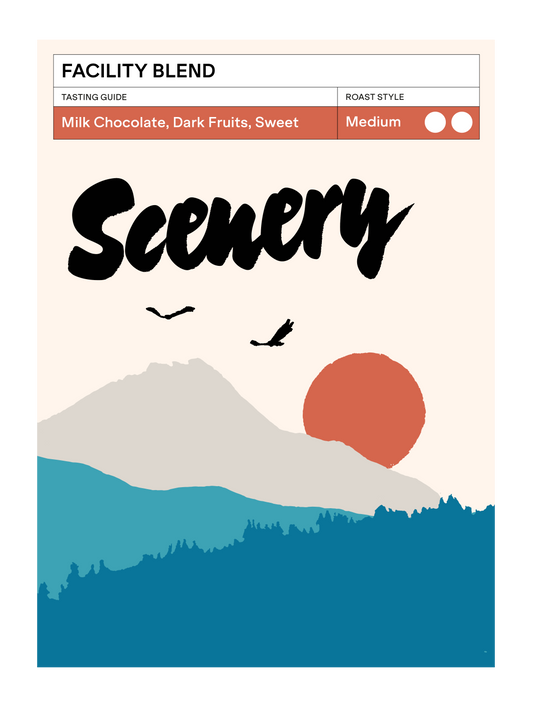
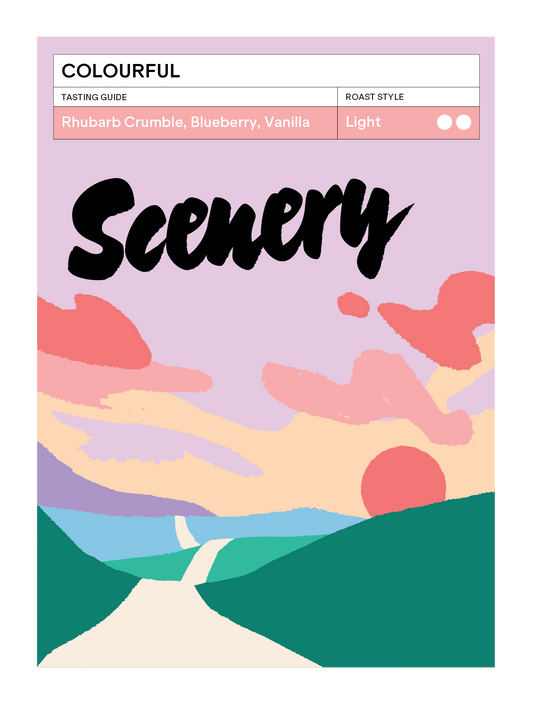
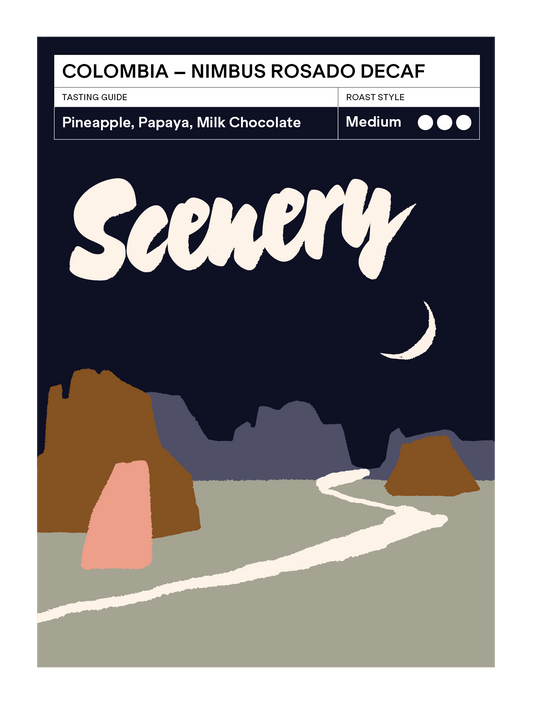

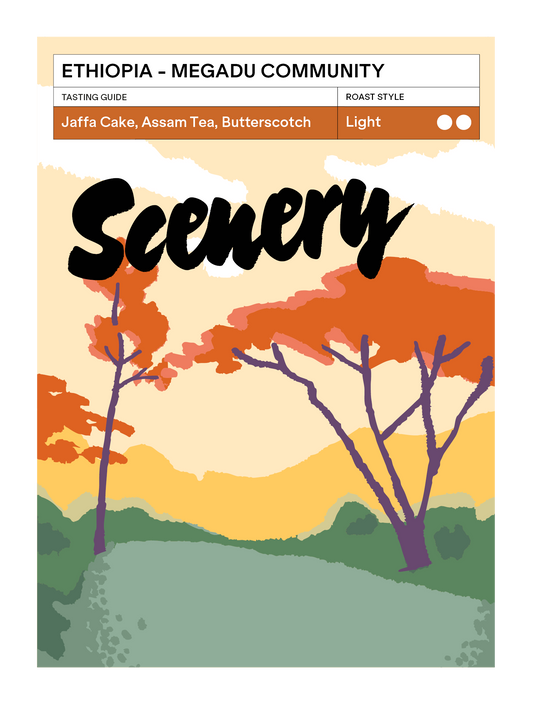

![Colombia - Quebraditas Sidra Thermal Shock Washed [25/26]](http://scenery.coffee/cdn/shop/files/colombia_quebraditas_sidra_2526_shopify.png?v=1765544630&width=533)



![Colombia - Luz Ángela's Chiroso [25/26]](http://scenery.coffee/cdn/shop/files/colombia_luz_angela_chiroso_2526_shopify.png?v=1764359755&width=533)

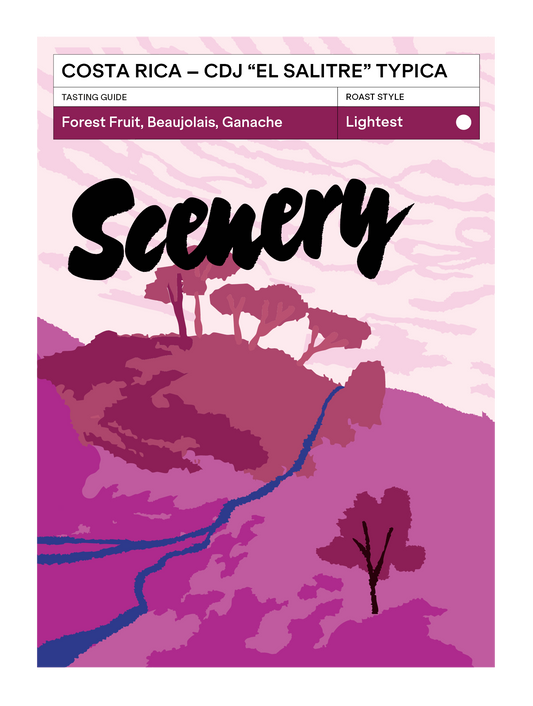
![Colombia - El Jaragual Rosado [25/26]](http://scenery.coffee/cdn/shop/files/el_jaragual_rosado_2526.png?v=1757075842&width=533)